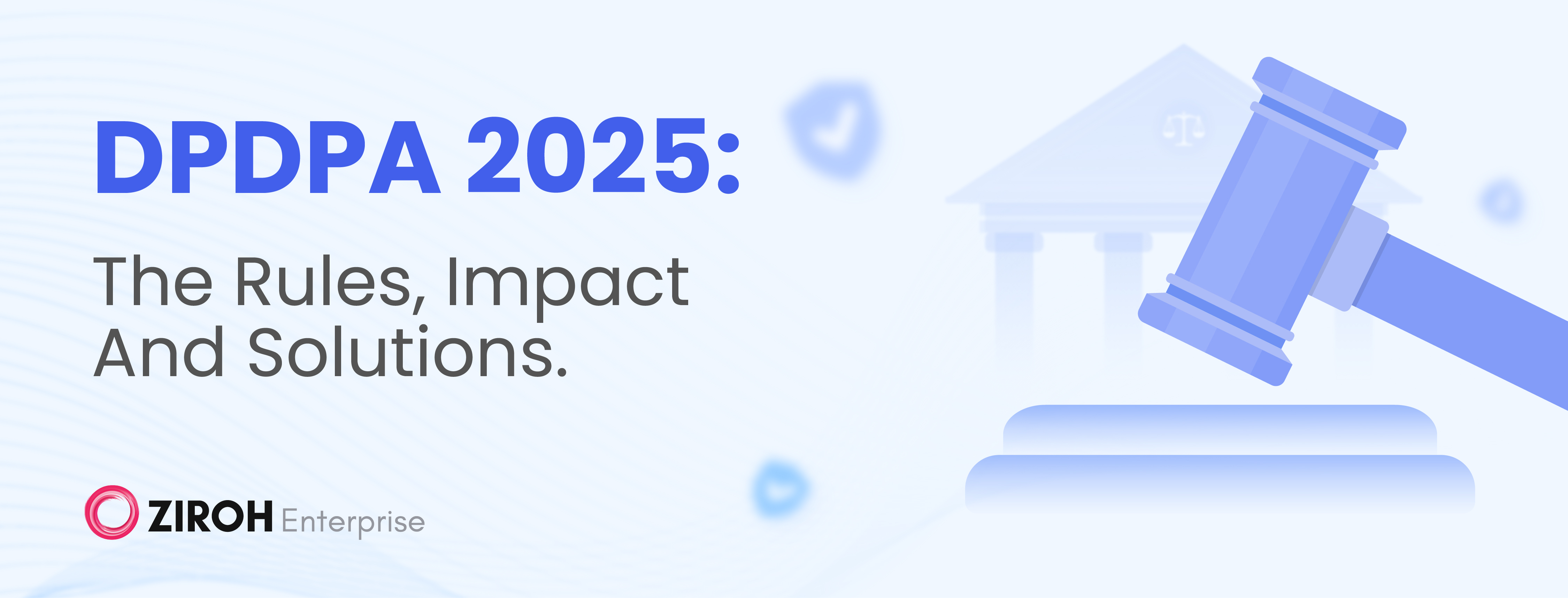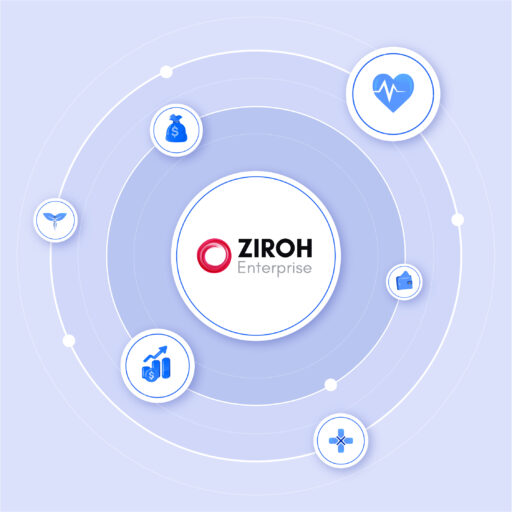
The DPDPA (Digital Personal Data Protection Act) underscores how data has become a crucial component of many aspects of life, from international trade to personal interactions. Data is the new oil, and recognizing its importance, the Indian government has taken steps to create a framework for its protection.
Following the enactment of the Digital Personal Data Protection Act in 2023, the government released the Draft Digital Personal Data Protection Rules, 2025, which aim to operationalize this Act. This blog post will delve into the details of these draft rules, highlighting their key provisions, implications, and the significance of data protection in today’s digital landscape.
Why is DPDPA in the News?
The central government issued the Draft Digital Personal Data Protection (DPDPA) Rules, 2025, to implement the DPDP Act 2023. Although the Act has received presidential assent, its implementation has been delayed due to the absence of specific rules outlining its execution.
The new draft rules aim to provide a legal framework for data fiduciaries, ensuring the protection of personal data and penalizing breaches effectively.
Understanding DPDPA Data Types
To navigate the DPDPA rules effectively, it is essential to understand the different types of data involved. The two primary categories are:
- Personal Data: Any information that identifies an individual, such as names, addresses, phone numbers, and more, falls under this category. Organizations further categorize personal data into sensitive data, which requires enhanced protection measures.
- Non-Personal Data: This refers to information that does not identify an individual. It may include statistical data or aggregated information that reveals trends without disclosing personal identities.
Key Highlights of the New DPDPA Draft Rules
The DPDPA draft rules address several vital areas, including data localization, Child Data Protection Provisions, transparency in data processing, and enhanced security measures for users. Let’s break down these key highlights:
1. DPDPA: Data Localization Framework
Data localization refers to the practice of storing data within the country’s borders. This is particularly important because organizations must keep sensitive and critical data within India for security reasons.
2. Data Breach Reporting Obligations
Data Fiduciaries must report any data breaches to the relevant authorities and notify the affected individuals without delay. This includes providing details about the nature, timing, extent of the breach, and the actions taken to mitigate its consequences. Failure to comply could result in hefty fines, possibly up to INR 250 crore.
3. Child Data Protection Provisions
For children using digital services, parental consent is mandatory before processing their data. Companies must verify this consent, though the mechanisms for doing so are left flexible, allowing companies to choose their methods.
4. Transparency in Data Processing
Companies must provide clear notifications to users before processing their personal data. This includes itemizing the data being collected, the purpose of processing, and how the data will be used. Additionally, if a user does not engage with the service for an extended period, their data must be deleted after providing prior notice.
5. Rights of Individuals
Individuals can access their personal data held by organizations, request corrections if it’s inaccurate, delete it if it’s no longer necessary, and withdraw consent for its processing at any time.
6. Data Security Safeguards
Organizations must implement reasonable security measures, like encryption and access controls, to protect personal data from unauthorized access, breaches, and other cyber threats.
7. Digital Nominees
Individuals can designate someone as a digital nominee to manage and make decisions about their personal data after their death, ensuring their data is handled according to their wishes.
The Significance of the DPDPA Draft Rules
The introduction of the Draft Digital Personal Data Protection Rules, 2025, carries substantial significance for various stakeholders:
- Data Security and Privacy: The rules aim to safeguard personal data against breaches, ensuring that individuals’ privacy is respected and protected.
- Accountability: By holding data fiduciaries accountable for breaches, the rules enhance trust between consumers and companies.
- Sovereignty and Security: Localizing critical data ensures that sensitive information is protected within national jurisdiction, supporting the country’s integrity.
- User Empowerment: Transparency in data processing empowers users to make informed decisions about their data and its use.
- Industry-Friendly Approach: The rules avoid blanket restrictions on data flow, allowing for smoother international business operations while maintaining necessary safeguards.
DPDPA Implementation Timeline and Future Outlook
The government has provided businesses a two-year implementation period to align their practices with the Act’s provisions. This timeline is not just a buffer—it’s an opportunity for organizations to reevaluate their data handling processes, invest in necessary technologies, and strengthen their overall security posture.
The DPDP Act places a strong emphasis on data security and privacy. By mandating robust security measures, including encryption at every stage—data at rest, in transit, and during processing—the Act underscores the need for businesses to prioritize securing sensitive information against cyber threats.
Building a Strong Security Posture with Ziroh Enterprise
As businesses prepare to comply with the DPDP Act, they need solutions that go beyond just ticking boxes—they need tools that seamlessly integrate data privacy and security into their data infrastructure, which can be cloud or local premises. This is where Ziroh Enterprise steps in, offering advanced encryption technologies and database security.
Encryption-Centric Security: With fully homomorphic encryption (FHE) powering its products, Ziroh Enterprise enables secure computations on encrypted data. Sensitive information remains protected at all times, even during analysis or processing, eliminating vulnerabilities.
Database Security Simplified: Ziroh’s flagship Zunu Database handles sensitive data with ease. Whether it’s storage, retrieval, or processing, Zunu Database ensures data remains encrypted, ensuring compliance and security hand in hand.
The Road Ahead
As organizations embrace the DPDP Act, they’re not just complying with regulations—they’re investing in the future of secure, ethical data handling. The Act is a call to action for businesses to build trust with customers by safeguarding their information and respecting their privacy.
With Ziroh Enterprise’s solutions, companies can confidently meet compliance deadlines while setting a new benchmark for data security. By leveraging advance encryption, consent management, and database security, businesses can ensure long-term success in this evolving digital landscape.



